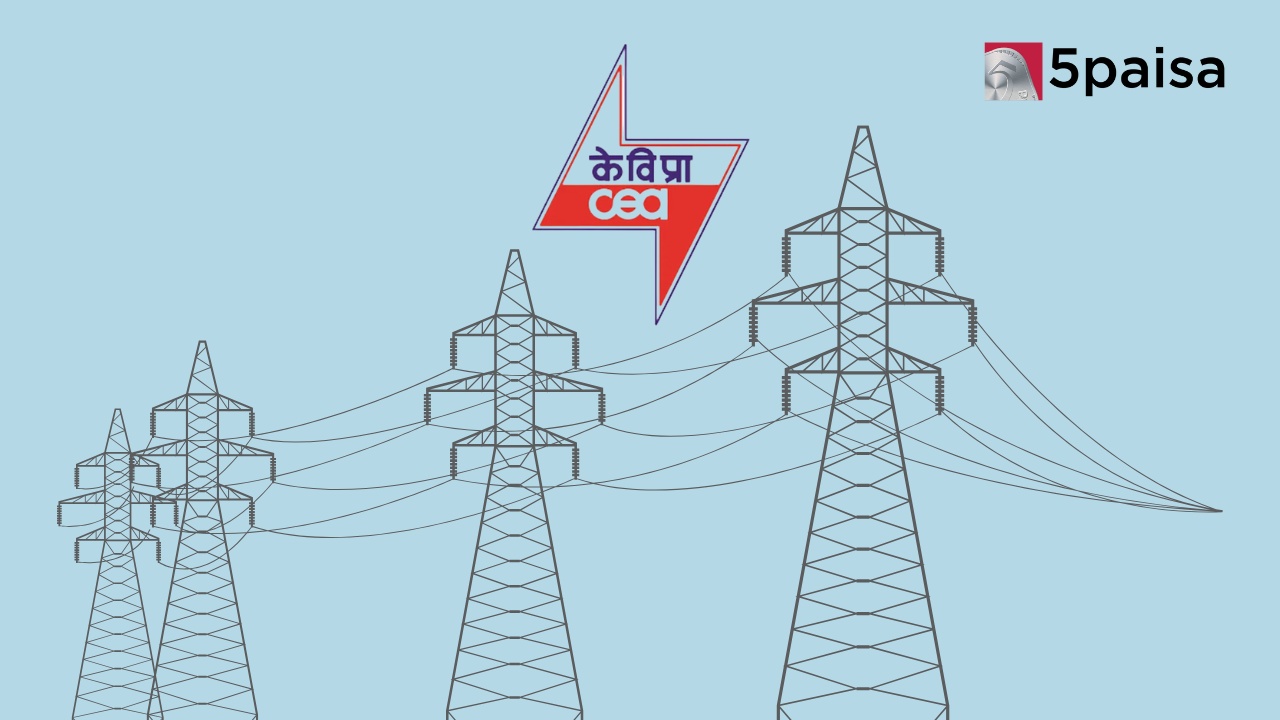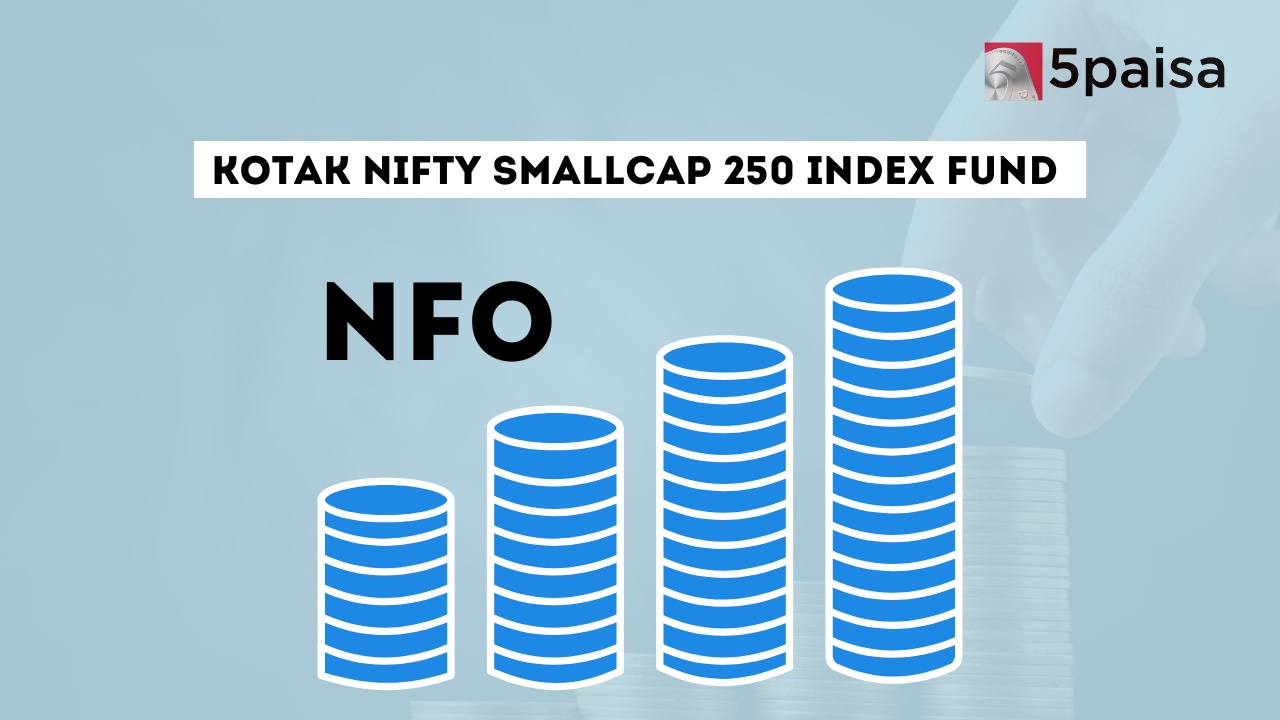FMCG companies start to cut product prices

Last Updated: 16th December 2022 - 06:24 pm
The fall in the price of inputs started quite some time back. For example, if you consider palm oil, which is the key input for products ranging from soaps to food products, the prices have fallen sharply in the last few months as the largest palm oil producer, Indonesia, gradually lifted the export restrictions. However, Indian FMCG companies had never passed on these benefits to the end consumer. Now two companies; Hindustan Unilever and Godrej Consumer Products Ltd have taken the lead in cutting prices. Ahead of festive season and amidst rising recession fears, the move seems to be aimed at retaining market share.
As per the reports coming from the market research firms, Hindustan Unilever and Godrej Consumer Products have cut prices of some soap brands by as much as 15%. This is largely to pass on some of the benefits of the reduction in the cost of inputs like palm oil to the end consumer. According to reports, the price cuts have ranged between 5% and 11% in the case of Hindustan Unilever while the price cuts were to the tune of 13% to 15% in the case of Godrej Consumer. These prices changes have already been implemented and more FMCG companies are likely to join the price cutting fray; sooner rather than later.
In a sense, most analysts appear to be impressed with this move. The consensus view is that this reduction in prices would help drive growth in volumes in the second half of FY23, a period that is likely to see some lag effect of the global tightening. At that juncture, a concerted attempt to put more purchasing power via lower prices should be positive for consumer sentiments and also ensure that demand destruction is limited. As inflation stays above the 7% mark, the overall demand is likely to be sluggish and that is already evident in rural demand. A price cut in a price sensitive market like India can make a huge difference.
However, there appears to be some broad trends in the price cuts. For instance, Hindustan Unilever has cut prices in the mass market soaps like Lifebuoy and Lux. However, when it comes to its more upmarket brands like Dove, the company is yet to offer any price cuts there. Similarly, in the case of detergents like Surf, there has been no price cut and for now it is limited to the entry and mid-segment soaps only. That is where, the benefit of the sharp reduction in global prices of palm oil and other raw materials is likely to get reflected the most. Godrej has also focussed its price cuts more in the similar space.
In fact, strategically, Godrej Consumer Products has tried to position its price cuts as a bigger savings. For instance, in the case of the Godrej No.1 Soap, a bundle of five units of 100 grams each has seen its price fall from Rs140 to Rs120. That is a price cut of 14.3% and even the impact is likely to be more pronounced when the saving is palpable. However, some of the price cuts have also been very region specific. For instance, Hindustan Lever has cut the prices sharply for Lifebuoy and Lux in the Western region of India. The drop has been lower in other regions and is largely based on where the markets are most price sensitive.
Many market experts and observers see this is as an extremely proactive move. Normally, when raw material prices fall sharply, the regional and unorganized players come into the market in a big way. The best way to pre-empt competition from this segment is to drop prices early so that existing customers do not have any incentive to shift their loyalties. This positions them better to leverage a more competitive market. Companies like Hindustan Unilever and Godrej have seen volumes dip due to factors like price hikes and grammage cuts (demand for smaller units). This move should reverse that market loss.
However, the problems of FMCG companies are far from over. High retail inflation and slowdown in rural demand is likely to remain an overhang for FMCG companies even in the September 2022 quarter. Also, innovative grammage tweaks by other regional players had given large players a run for their money, forcing them into ideas like bridge packs. It is surely going to be an interesting second half of FY23 for the FMCG companies.
- Flat ₹20 Brokerage
- Next-gen Trading
- Advance Charting
- Actionable Ideas
Trending on 5paisa
01
 5paisa Research Team
5paisa Research Team
06
 5paisa Research Team
5paisa Research Team
Indian Market Related Articles
Disclaimer: Investment in securities market are subject to market risks, read all the related documents carefully before investing. For detailed disclaimer please Click here.




